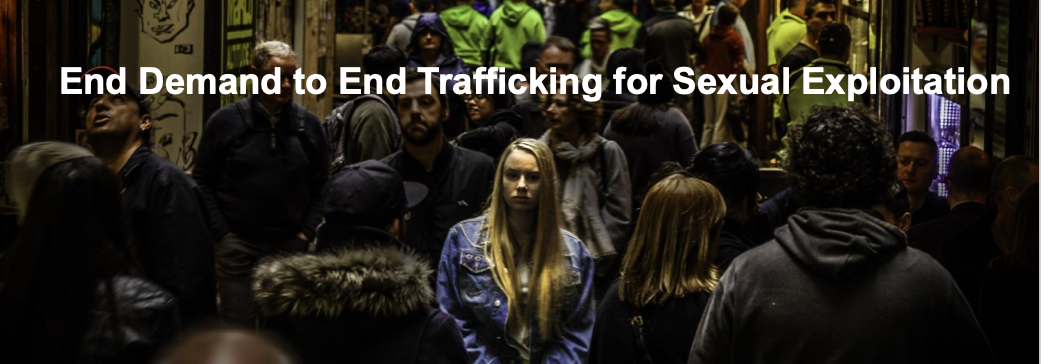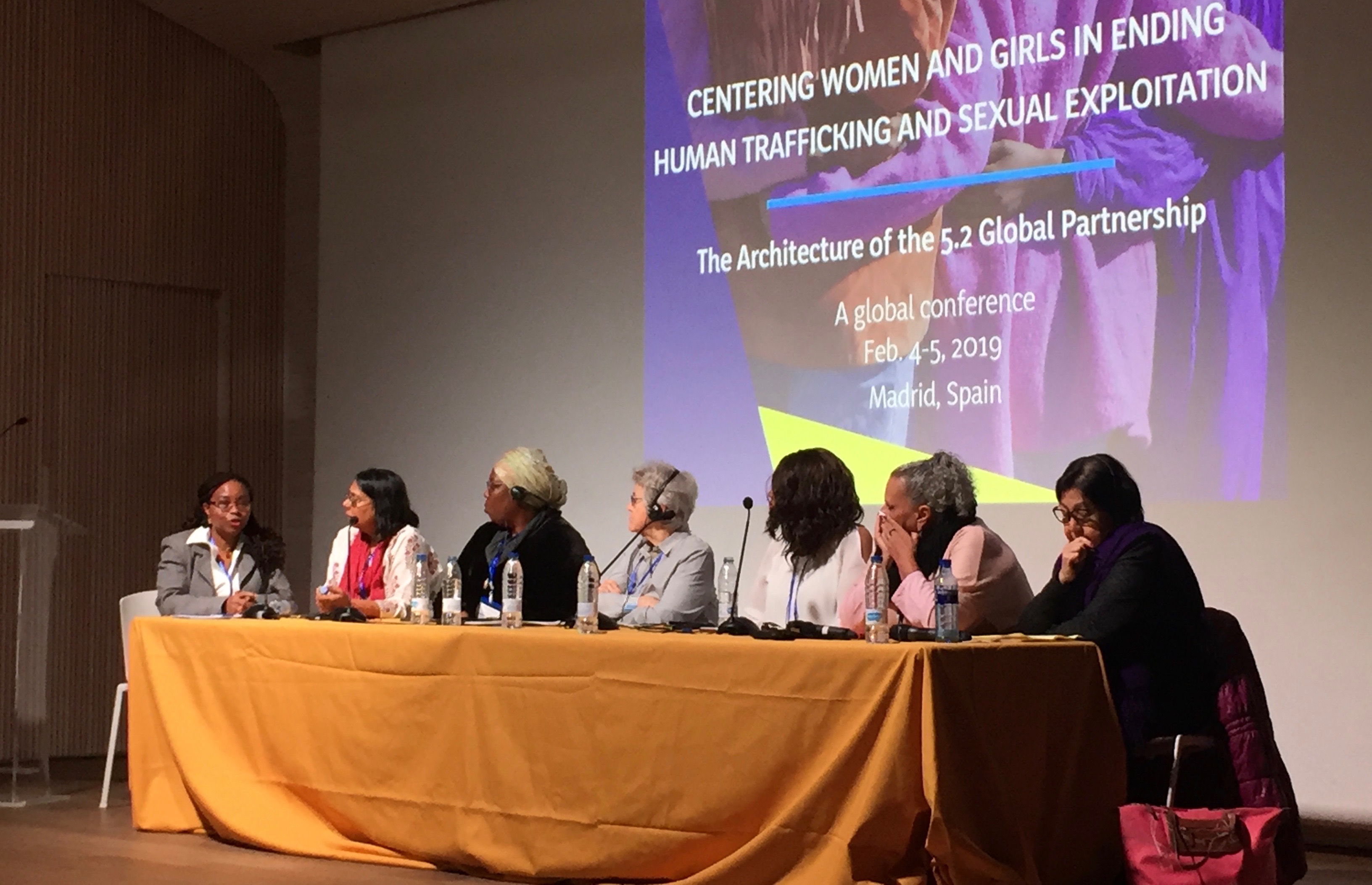Associazione Iroko’s Statement on 18th October 2020, European Union Anti-Trafficking Day:
End Demand to End Trafficking for Sexual Exploitation
Human trafficking is, by its very nature, an extremely difficult phenomenon to measure, and the data on the number of identified victims inevitably gives an incomplete picture of the scale of the problem. Between 2017 and 2018, a total of 74,514 victims of trafficking were detected in over 110 countries. The US Department of State reports 105,7876 identified victims worldwide in 2019, showing a clear increase year on year. The estimated total number of victims is much higher, with the ILO putting it at more than 40 million in 2016. Trafficking disproportionately affects women and girls, who – according to UNODC data – represent 72% of detected victims of trafficking globally. Moreover, sexual exploitation is the predominant form of trafficking.
Given the scale of this problem, we have written a statement to mark the day and outline what the data and what our experience have taught us about trafficking for sexual exploitation and how it can be combatted.


